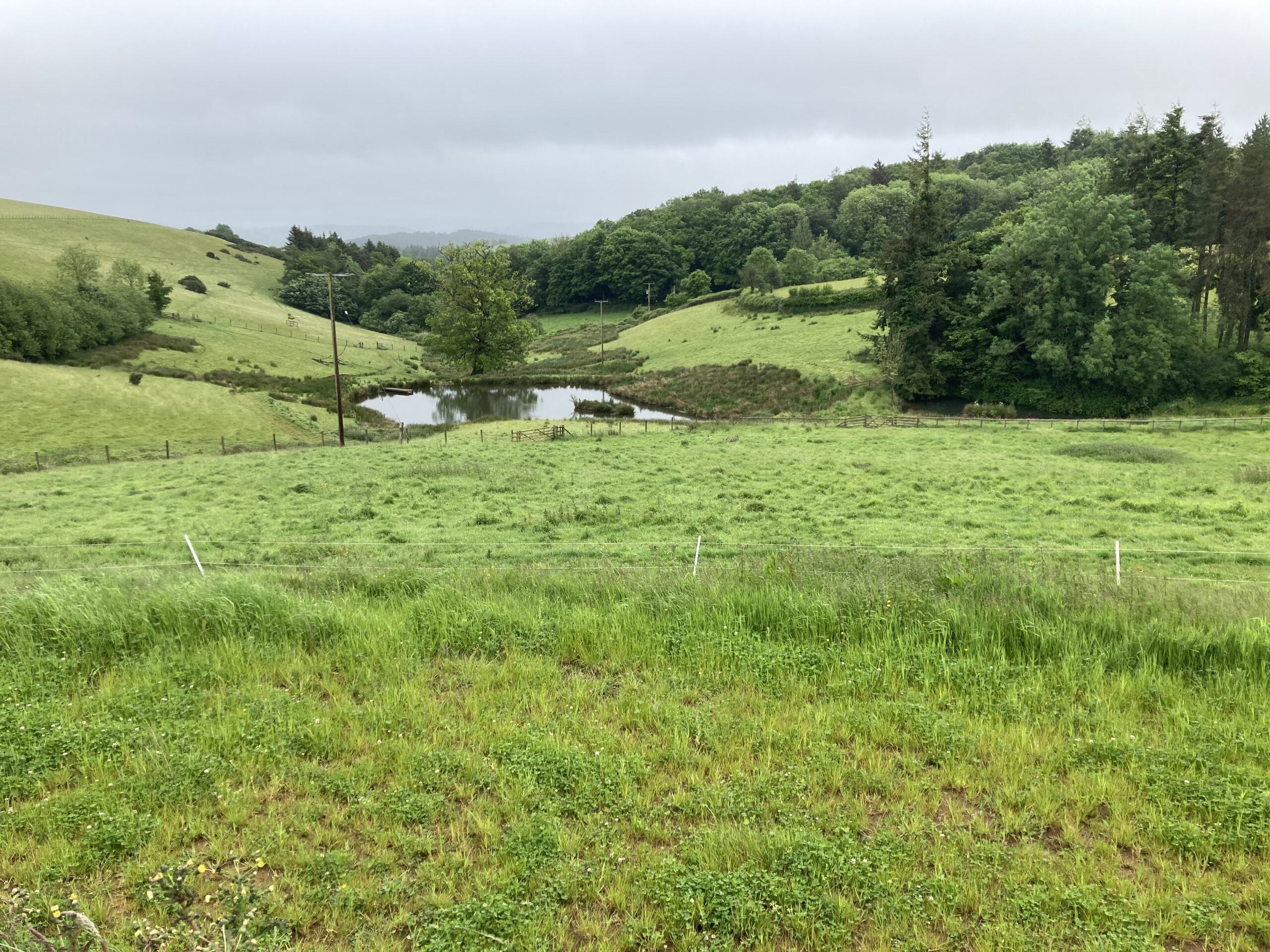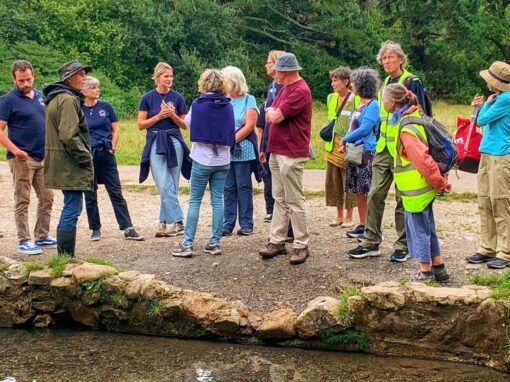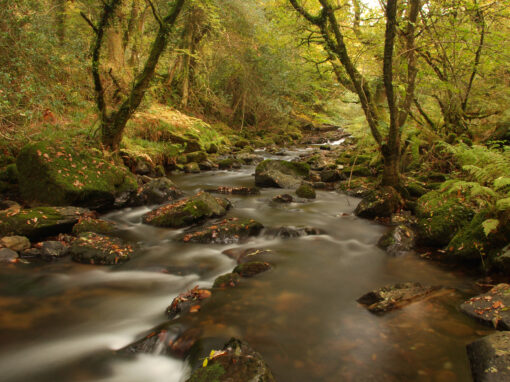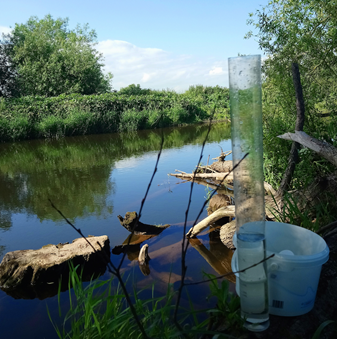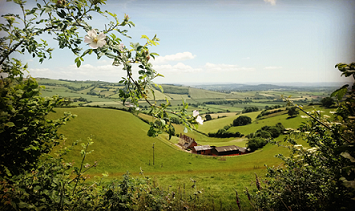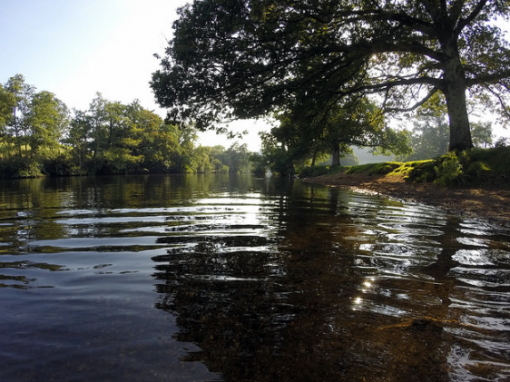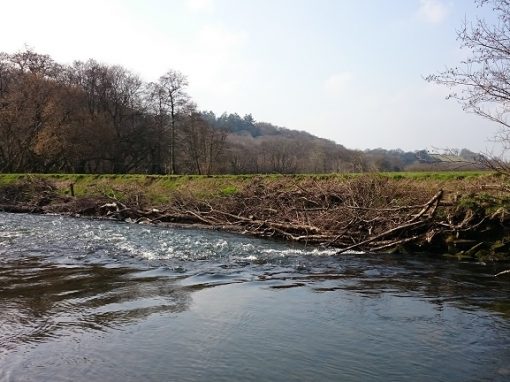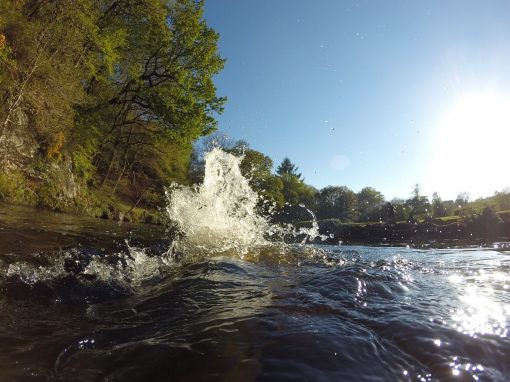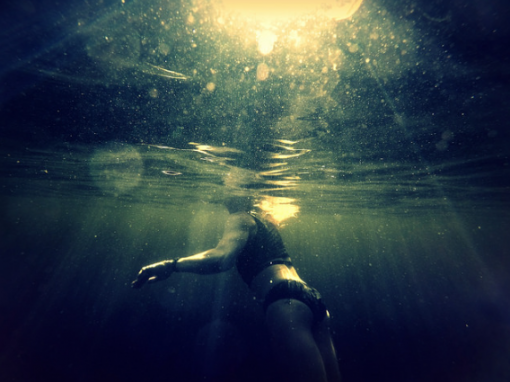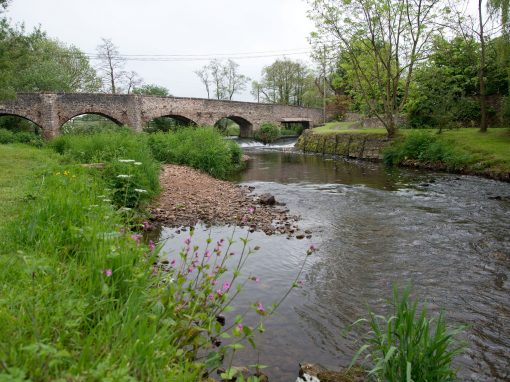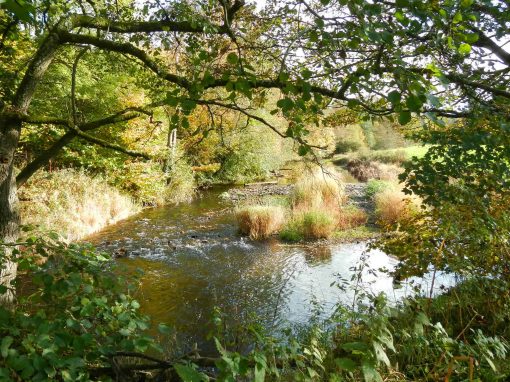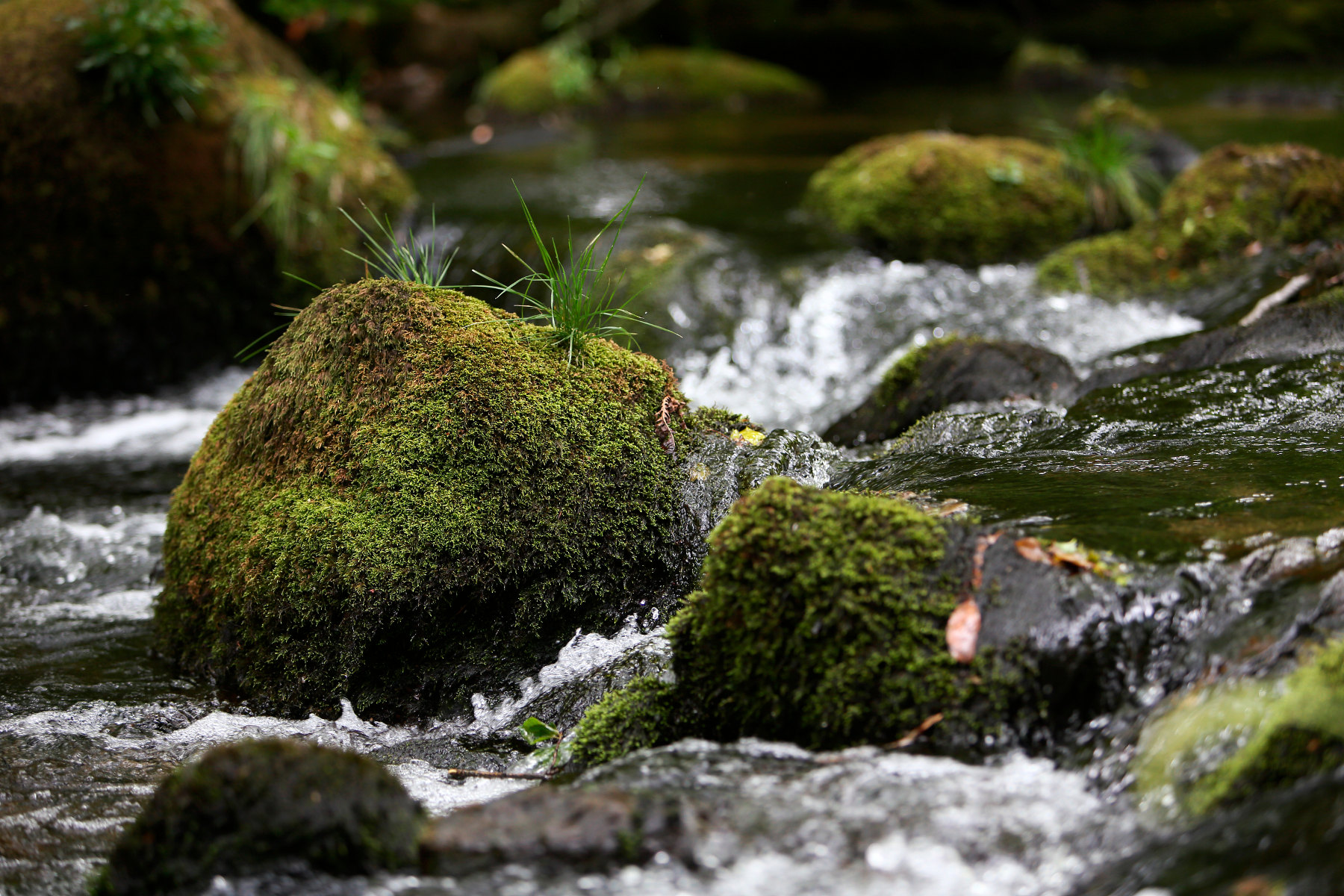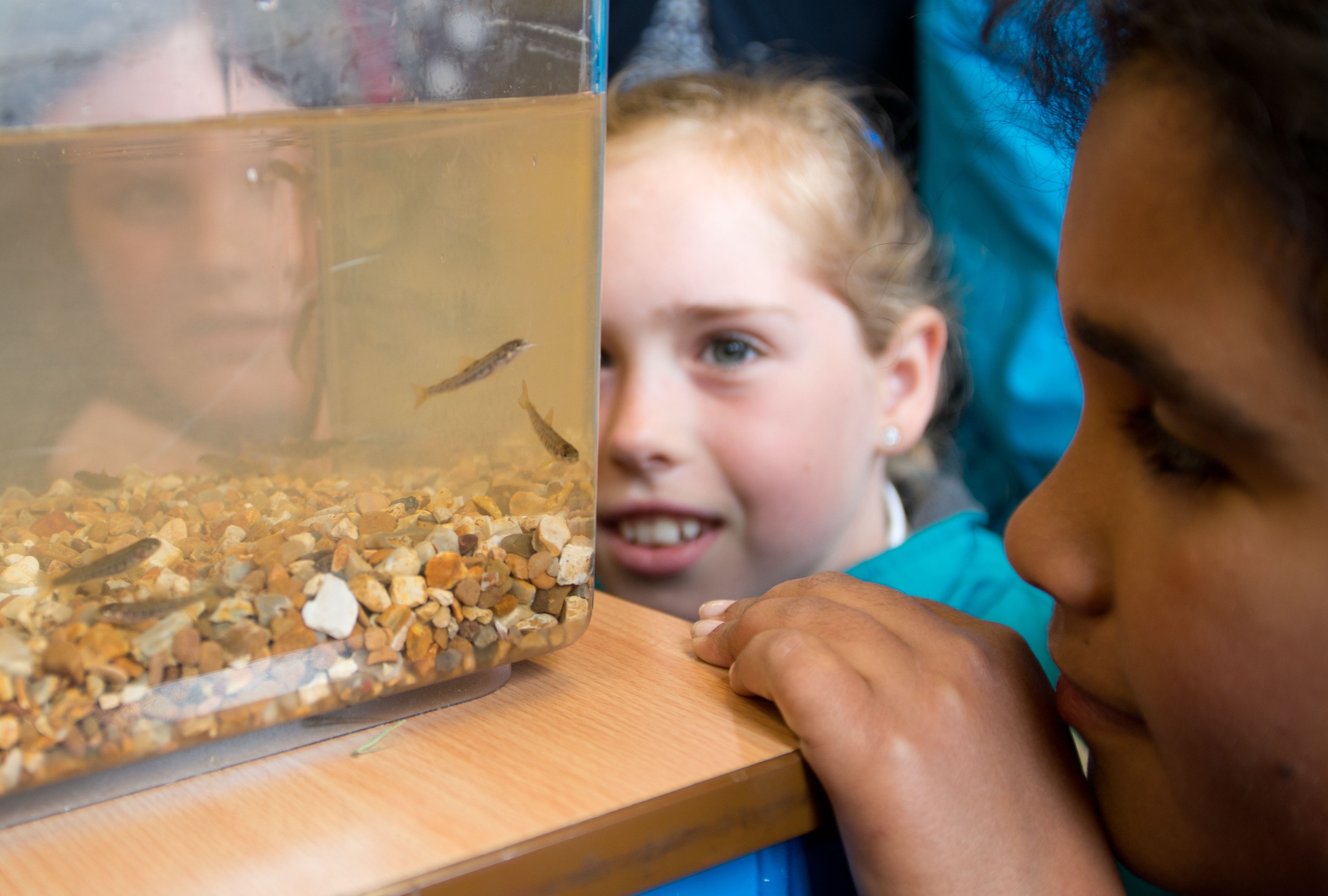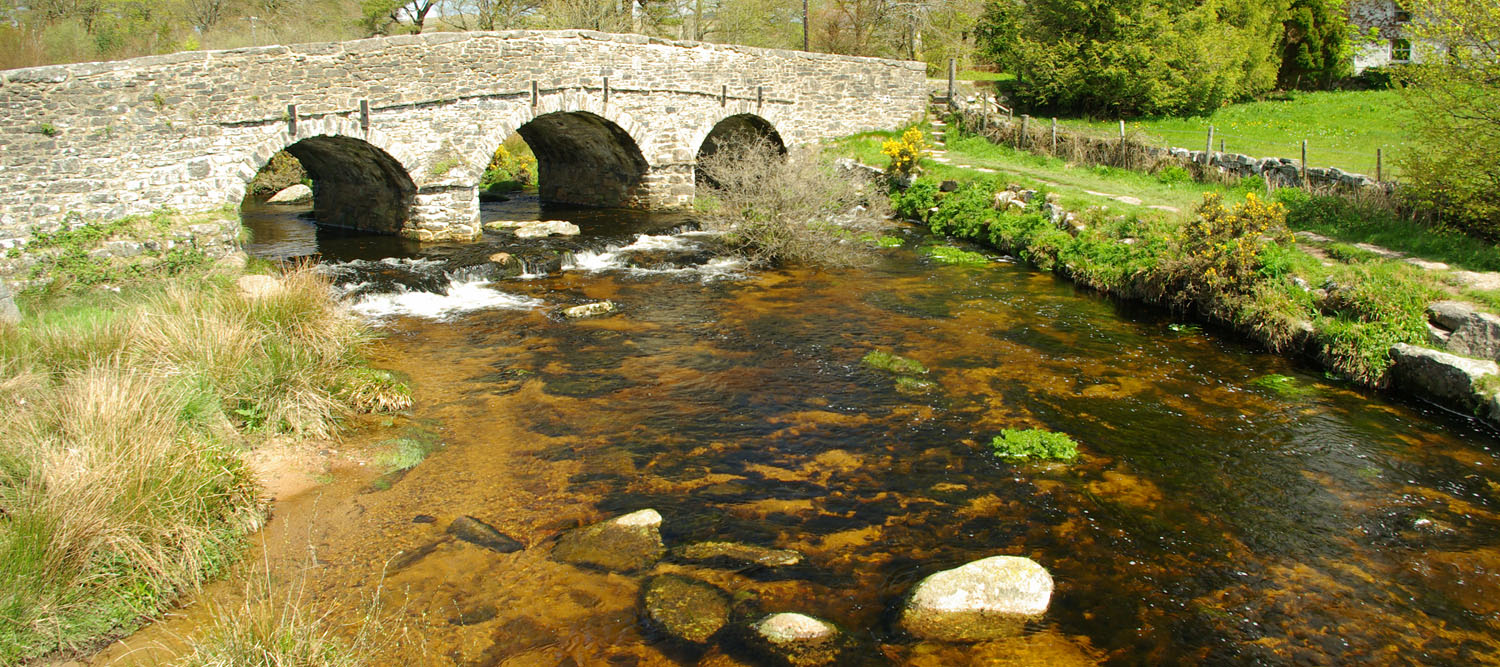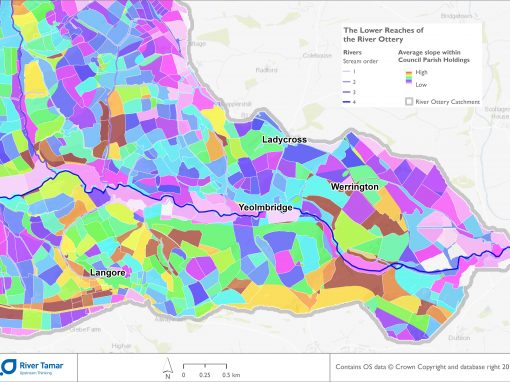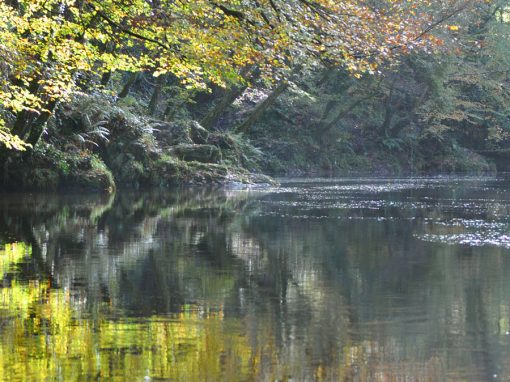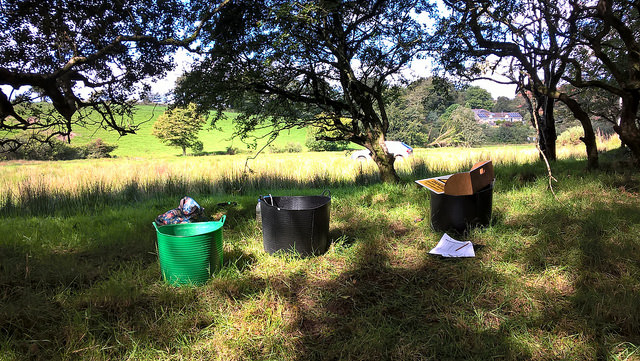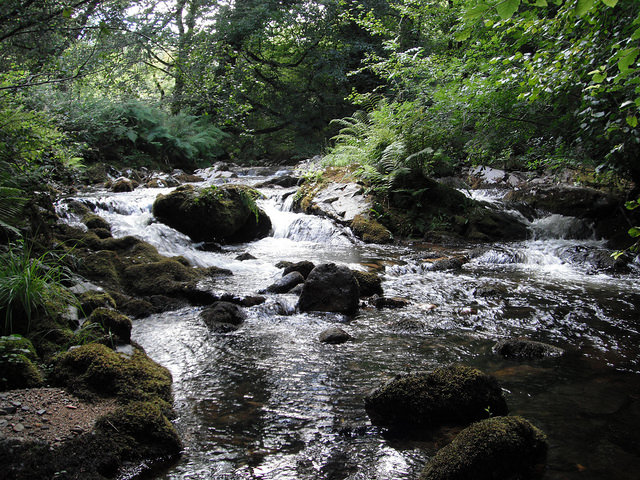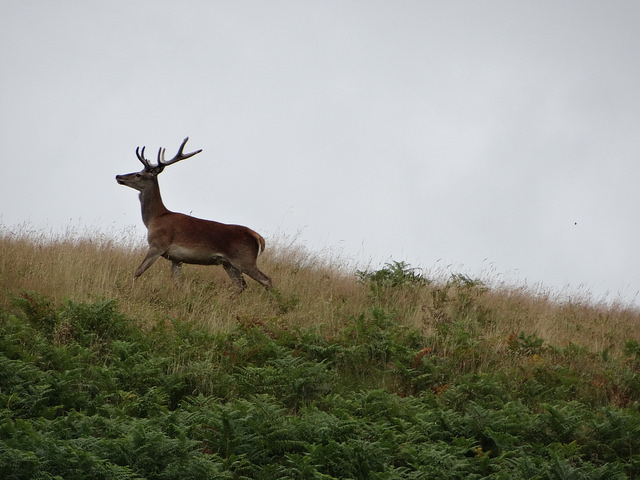–

Phil Turnball
Assistant Fisheries Officer
Working life on the river…
Puns provide the opportunity to exercise that dry sense of humour developed by growing up with a father from the North East. Therefore, it delights me to say that my first weeks working for the Westcountry River Trust (WRT) was like being thrown in at the deep end.
Having spent several years in the environmental contracting world, and in front line flood defence operations, overcoming challenges as and when they appeared was not anything new, per se. However, it seems I entered the WRT while running in full spate – head first, eyes closed, in ignorant bliss – and have since come to understand something of how a returning salmon feels in a raging torrent! Bewildered, frenzied, determined, patient, and ultimately – satisfied.
From day one, the electrofishing season had already been compressed, requiring an intense season of finding sites, securing permissions, and performing surveys. A brief rest to gather thoughts and take a breath, and I was straight back out to walk mile upon mile of tributary, searching for valuable habitat to protect, conserve and develop. In-between, time was used to become familiar with new systems, orders of work, and to hone those administration, organisational and time management skills. Phew. Thank goodness for the unseasonably dry weather! Time for some retrospective analysis…
Find out more about the work of Westcountry Rivers Trust...
Working for a charitable trust brings a fascinating and unique dynamic to the nature of the work. Everything I have done thus far could not have been achieved without the understanding and willingness of the local landowners. It could be said that I am a quiet, reserved individual – until I start talking about a subject I am passionate about (fish, in case you were wondering). This role allows – nay, requires me to do just that!
A significant part of my role is to be on the conservation front line, initiating communication with those working next to the rivers in Northwest Devon, and offering our services in return for permission to access. It is my firm belief that to protect, conserve and improve our riverine habitats, an effective strategy is to come alongside and offer a service to those involved in river management, as a way of finding solutions that benefit all involved.
It is this over-arching ethos of WRT that attracted me towards application in the first place. The greatest benefit of this approach is the opportunity to have civilised discussion about the issues landowners face regarding water management, and discover how we as an organisation may help in addressing such matters.
Ultimately, we hope to develop a long-lasting relationship with the farming community built on trust, resulting in sustainable long-term management instead of quick fixes.
Of course, a blog based on a river officers’ experience wouldn’t be the same without a mention of the innumerable delights regarding the natural wonders associated with Devonshire rivers. I have had the opportunity to witness:
The last of the seasons’ honeybees in colourful wild flowers, tawny owls roosting in oak tree towers, kingfishers’ sparkling in low Autumn light, roe deer bouncing off in sudden flight, salmon jumping clear before going back under, the humbling rumbling of soft evening thunder, common darter dragonflies inspecting my lunch, weasels skirting the undergrowth looking for a munch, tight cleaves of woodland bearing streams with bubbling pace, crisp autumn winds wrapping around my freezing face, searching for Tarka the otter on the mighty river Taw, and the RAF showing off as we all watch in awe!
I think that just about sums up my first two months!
Other Westcountry River Stories
